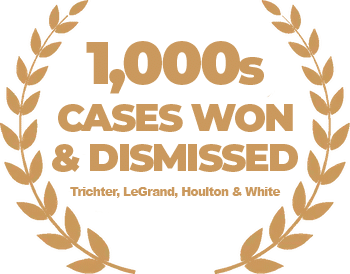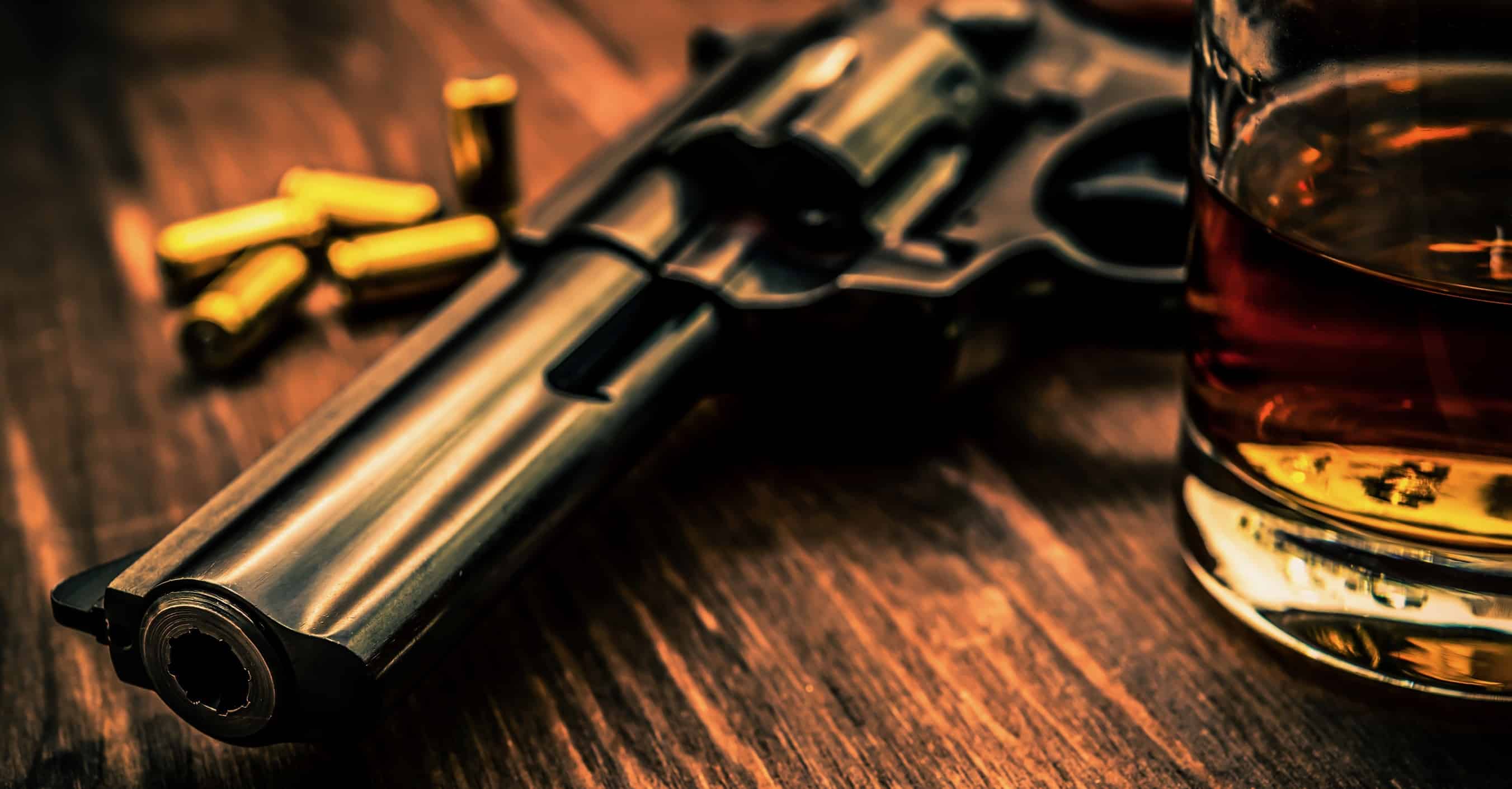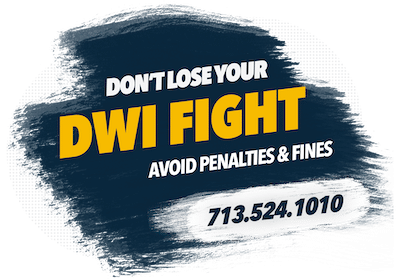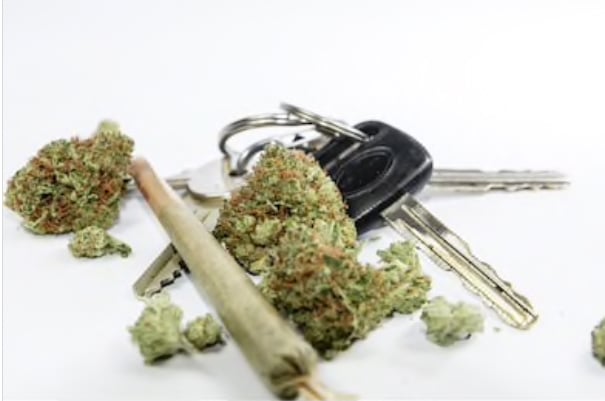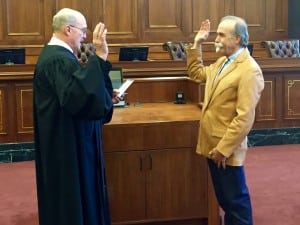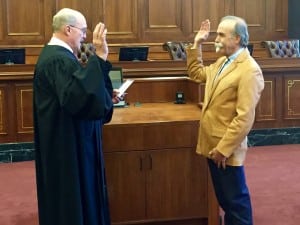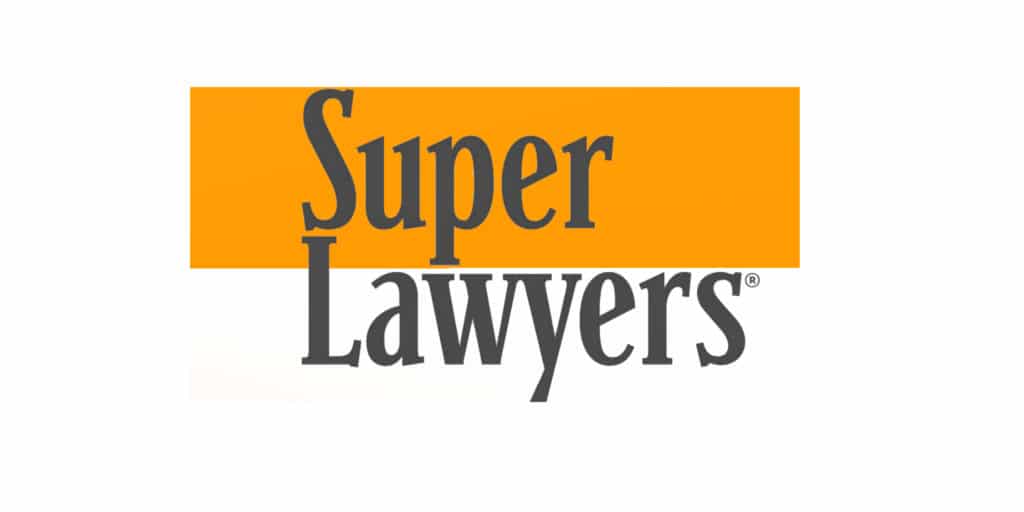March 1, 2016 is a very important election day in Texas, because you are being asked to vote not only on candidates but also on four propositions.
As I have said many times, you, as Americans and Texans, are part of “We the People.”
In that role, you have an absolute right to vote any way you want, but you have an obligation and a duty to cast only an informed vote—that means being INFORMED.
As part of the democratic process, it is always a good idea to share your ideas with others, to be open- minded about differences of opinion and to always follow your conscience.
With that idea in mind, I want to share my ideas with you on the four propositions that will be before you.
I believe that our country is headed toward several critical forks in the road, and if we choose unwisely, our path could be one of dire self-destruction.
I say this not to scare you, but rather as an attempt to focus your attention on the importance of this election.
Below, I have posted the four propositions that are on the upcoming ballot and the ballot’s brief explanation, as well as my commentary about what it is asking you to vote on.
Indeed, the absence of a greater explanation on the ballot actually misrepresents what the proposition is really asking.
I welcome your thoughts—whether you agree with me or not. That’s part of what being an American is about!
A Founding Father’s Point of View on Propositions 1, 2, 3 and 4.
The explanations following each proposition below should have included the text of the Ninth and Tenth Amendments.
If we turn back the pages of history, the founding fathers thought it very important that the federal government be a LIMITED one.
They created a system of checks and balances to create those limits on purpose.
We have heard that our government has three branches: the Executive, the Legislative and the Judicial.
Actually, our system has five branches.
OUR FOURTH BRANCH OF GOVERNMENT
As contemplated by the framers of the Constitution, “We the People” reserve power for ourselves and place other power in the government.
In truth and practice, our ability to vote makes us “We the People,” the fourth branch of government.
In 1788, the Constitution was born and in 1791 the Bill of Rights spelled out its specific limitations by enumerating powers reserved for the people.
Clearly, at that time it was not debatable that the federal government was not meant to have all of the power.
Remember, the first 10 amendments are reservations of power that are kept by “We the People.”
Those amendments were never given to us by the federal government, and anyone who suggests otherwise does not know our history or the meaning of the Constitution.
In regard to reservation of power, and to prevent the federal government from overreaching, “We the People” reserved all the then existing rights in 1791 that were not enumerated in the Bill of Rights.
The founders said this in the Ninth Amendment, which says,
“The enumeration in the Constitution, of certain rights, shall not be construed to deny or disparage others retained by the people.”
OUR FIFTH BRANCH OF GOVERNMENT
So what is the fifth branch of government?
The answer is, “The States.”
The states were to be a check and balance on the federal government just as “We the People” were to be.
Regrettably, however, over the years, there have been unwise modifications/amendments to the Constitution that altered the well-thought-out checks and balances of our founders.
That said, it is very important that we understand the thinking of the founders, and the purpose of the Constitution in creating a “limited federal government” before we start tinkering with it in a way that may further weaken the system of checks and balances by “We the People“ and the States.
WE THE PEOPLE do not want to give away any of our reserved powers, because once done, it’s almost impossible to get them back!
PROPOSITION 1
Texas should replace the property tax system with an alternative other than an income tax and require voter approval to increase the overall tax burden.
Explanation: This proposition seeks to see if Republican primary voters in Texas favor abolishing the property tax and instead having a consumption or sales tax fund government services.
VOTE “YES,” AND HERE’S WHY:
THE ROOTS OF LAND OWNERSHIP
Part of the American Dream is to own property.
But the reason that it’s something Americans aspire to achieve is not just fantasy, but rather is tied to the roots of our Constitution.
The founders originally set up the Constitution so that only property owners—those who were “invested” in the country—could vote.
If you did not own property, you still had a voice to speak your mind; however, you could not vote.
Looking at the big picture today, the United States is a land that is created by recognizable borders.
Land is property.
If you have land, then you have a border to it.
The founders did not want people who did not own land to make decisions that would negatively impact those who had made a greater investment in the future of this country.
Today, if you own land, then you actually own a part of these United States.
In my view, we should all strive to belong to our community and try to further our collective well-being by investing in it.
INVEST IN AMERICA
If you are a property owner, then you pay a tax that non-property owners do not.
It hardly seems fair that people who rent a condo, apartment or home in your neighborhood don’t pay a tax for services that property owners pay.
To be fair, everyone who lives in the community ought to pay an equal tax for services such as schools, the fire department, law enforcement, etc.
Said another way, if you want to become invested in our government in a fair way, either get rid of the property tax and tax everyone the same, or re-amend the Constitution and allow only property owners to vote on property tax issues. (What is your stance on this issue?)
PROPOSITION 2
Texas cities and counties should be required to comply with federal immigration laws or be penalized by loss of state funds.
Explanation: Proposition #2 on the ballot is asking Texas Republican primary voters their position on local and county sanctuary city policies. Sanctuary cities or counties are governmental subdivisions that have made a policy decision not to follow federal immigration laws. For example, these local governing entities have made the decision not to detain and hold individuals that the Immigration Customs Enforcement wants to apprehend and return to their country of origin.
VOTE “YES,” AND HERE’S WHY:
THE POWER OF FEDERAL FUNDING OVER STATES
Imagine your boss at work telling you, “Vote my way or be fired.” Or imagine someone who has embarrassing but legal information on you saying, “Pay me and do what I want or I’ll embarrass you by releasing this information.”
In the world of criminal law, that is extortion or blackmail.
And that is exactly what this proposition does to the state of Texas.
Essentially, it says that if Texas doesn’t do what Uncle Sam wants, we will lose tax money that we paid in to the system.
The penalty here hurts everyone in a jurisdiction—both the decision makers and the innocent citizens.
THE FEDERAL SHAKEDOWN
The federal government often threatens states into passing changes in their laws to comply with its wants and desires.
For example, did you know that Texas used to have a law that said a driver was considered to be intoxicated when blood alcohol concentration reached .15? That was later changed to .10, and changed again to .08.
Each time, modification to the law had nothing to do with new findings in science or medicine. Rather, the change occurred because the federal government threatened to withhold millions of dollars in federal highway funds.
To be clear, I am not condemning the changes, but I do condemn the way they were made because it denied the people of the state of Texas a real choice.
Anytime the federal government threatens its citizens with a penalty if it doesn’t get its way is wrong.
When that strong-arm tactic is used, the federal government stops being “limited” and becomes an “unlimited” dictatorship.
SELECTIVE MUSCLE
But the federal government seems to want to pick and choose where it throws its power. Consider our federal immigration laws.
Clearly our federal laws on immigration need to be enforced, but those laws have long been ignored by state and local politicians who flout or disregard them.
Since those politicians are the ones making policy decisions that violate federal law, it is only fitting and proper that they be personally held accountable and criminally prosecuted.
If those local politicians object to the federal Immigration laws, then they should go to Congress and ask it to change them.
Think about it: If San Francisco City Council members had been prosecuted by the Feds, how long do think sanctuary cities and counties in California would last?
Not long!
THE RULE OF LAW
Let’s penalize the guilty politicians, not the innocent citizens or states.
Let’s not carelessly give up our “We the People” rights or our state’s rights.
Texas should not have any sanctuary jurisdictions and there should be no exceptions if we are to have a country of laws and a citizenry that respects those laws.
As citizens, however, “We the People” should want our representatives to follow the law, and we can enforce that desire with our vote!
“We the People” should be vocal in our respective jurisdictions and tell our state politicians to act responsibly by doing the right thing and to abide by the federal law.
PROPOSITION 3
Texas should prohibit governmental entities from collecting dues for labor unions through deductions from public employee paychecks.
Explanation: This proposition wants to gauge the level of approval for a law that will prohibit the state and other governing units in Texas from doing payroll deductions for union dues. In other words, this proposed statute would require union members to pay their own dues.
VOTE “YES,” AND HERE’S WHY:
NO UNION DUES
If we set up a law for the government to collect union dues, then we are taxing ourselves by creating a new bureaucracy to administer it.
The founders believed that less government is better government! Giving the government unnecessary power to interfere with our private lives is just crazy.
Vote “YES” to prohibit the government from collecting union dues, but, more important, to tell them that it has no business getting additional power to do a union’s bidding against its membership.
If union members don’t pay their dues, then the union should simply kick them out. Enough said!
PROPOSITION 4
Texas and its citizens should strongly assert Tenth Amendment Rights guaranteed by the U.S. Constitution.
Explanation: By approving this proposition, Texas Republican primary voters will send a signal to the Texas legislature, the governor, and other state elected officials to assert state rights and use all tools afforded in the Constitution to stop expansive federal government power.
The Amendment of States Rights: The Tenth Amendment provides:
The powers not delegated to the United States by the Constitution, nor prohibited by it to the States, are reserved to the States respectively, or to the people.
VOTE “YES,” AND HERE’S WHY:
ABOVE THE LAW
Voting “Yes” on Proposition 4 helps restore a proper check-and-balance system by the States. Recent history proves that Congress will not police itself.
That same history tells us that our U.S. Senators and Congressman often vote to be treated better than “We the People.”
That’s how they excluded themselves in many ways from Obamacare.
They also receive a pension for life—even if they serve just one day.
Where the hell were “We the People” when that happened? Clearly, we need an amendment to the Constitution that Congress can NEVER exempt themselves from the same laws that apply to all of us!
Recently, there has been a movement by many patriots to avail ourselves, “We the People,” of a constitutional back door to reel in Congress when it will not correct what is broken.
Article 5 of the Constitution provides for there to be a Convention of States where, if enough agree to change the Constitution, then it automatically happens irrespective of what Congress wants.
It’s the ultimate trump card so vote “YES” to help reestablish checks and balances as they were intended by the framers of our Constitution.
Closing comment
Be informed.
Remember, this is your country—invest some time in it by studying the candidates and the issues.
Think American!
Think Texan!
Follow your conscience! If you are spiritual, pray for guidance.


